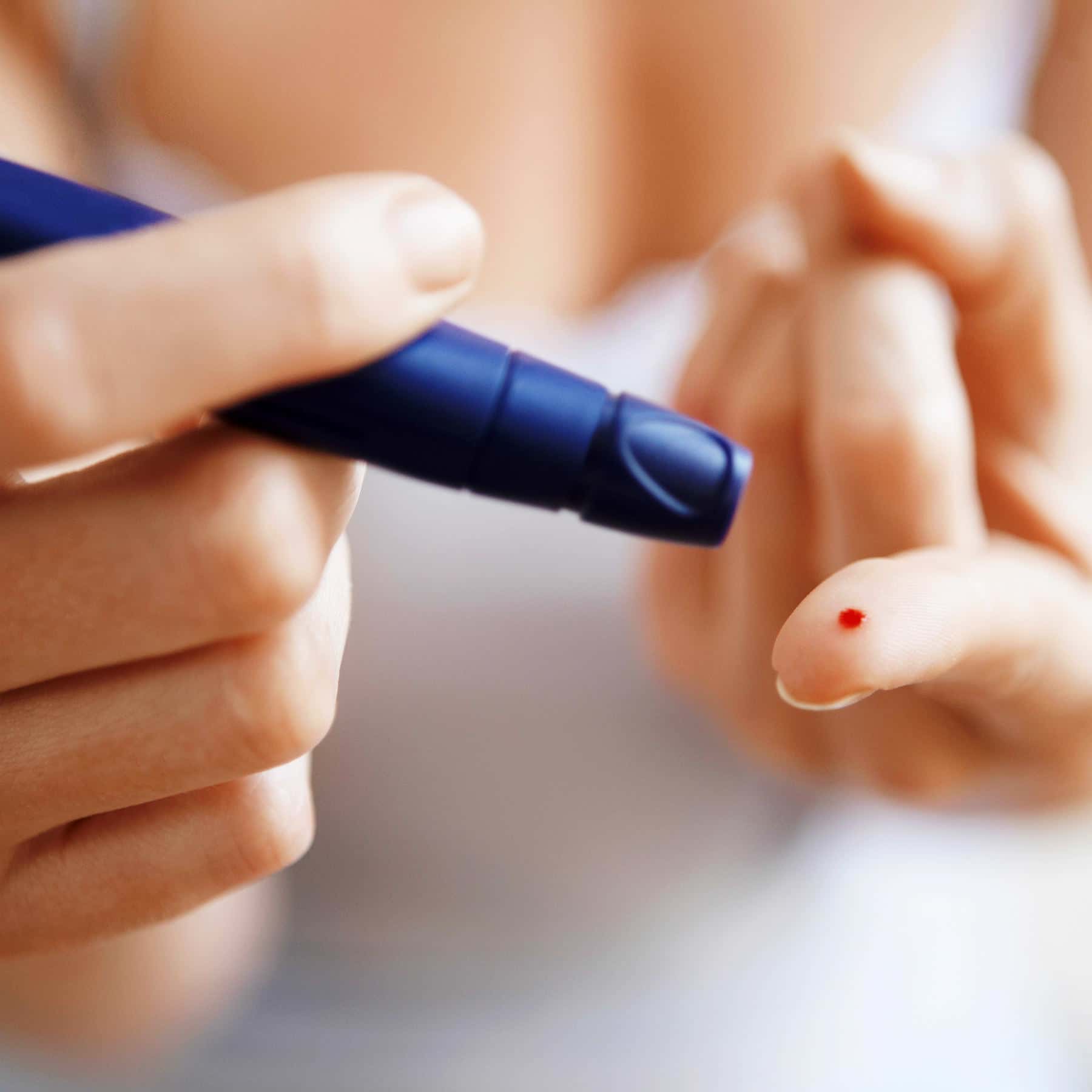
People with diabetes need to keep tabs on their blood sugar. That allows them to adjust their treatments to keep it within a normal range. But are some people with diabetes being overtreated?
Too High, Too Low or Just Right?
New research from the Mayo Clinic shows that one in five patients with this metabolic condition may be overtreated with diabetes drugs (Mayo Clinic Proceedings, Aug 15, 2019). As a consequence, their blood sugar goes too low. In fact, the investigators attribute more than 4,700 hospitalizations and over 4,800 emergency department visits in two years to overtreatment-induced hypoglycemia. They suggest that many more people with diabetes being overtreated don’t end up in the hospital.
Why Is Diabetes Being Overtreated Dangerous?
Elevated blood sugar can endanger organs such as the eyes, the kidneys and the heart. As a result, doctors and diabetics strive to keep blood glucose under control. But tight blood sugar control has its own hazards. Low blood glucose levels are associated with falls and fractures, cognitive impairment, cardiovascular disease and premature death.
The Mayo Clinic researchers are not the first to detect diabetes being overtreated. Dutch scientists also found that about 20 percent of older people with type 2 diabetes were treated too aggressively (Diabetes, Obesity & Metabolism, April 2018). Most of these patients took five or more medications and were considered frail. Their doctors prescribed so many medicines even though the target HbA1c was high, over 7%. (This measure of blood sugar control covers several weeks instead of the single moment measured by fasting blood glucose.) Nearly a third of these individuals reported a recent fall. The investigators note that doctors don’t often personalize diabetes treatment for older patients, but they imply that would be desirable.
Physicians May Overtreat the Elderly:
Older people appear especially vulnerable to diabetes being overtreated (Postgraduate Medicine, May 2019). First, they may be less aware of symptoms that signal hypoglycemia. In addition, they may suffer from kidney disease, stroke or heart disease that make balancing blood sugar more difficult. Finally, they may experience serious outcomes such as heart rhythm abnormalities, heart attacks, cognitive impairment, the aforementioned injurious falls and even hospitalization or death.
Citations
- Mahoney GK et al, "Severe hypoglycemia attributable to intensive glucose-lowering therapy among US adults with diabetes." Mayo Clinic Proceedings, Aug 15, 2019. DOI: https://doi.org/10.1016/j.mayocp.2019.02.028
- Hart HE et al, "Overtreatment of older patients with type 2 diabetes mellitus in primary care." Diabetes, Obesity & Metabolism, April 2018. DOI: 10.1111/dom.13174
- Freeman J, "Managment of hypoglycemia in older adults with type 2 diabetes." Postgraduate Medicine, May 2019. DOI: 10.1080/00325481.2019.1578590

